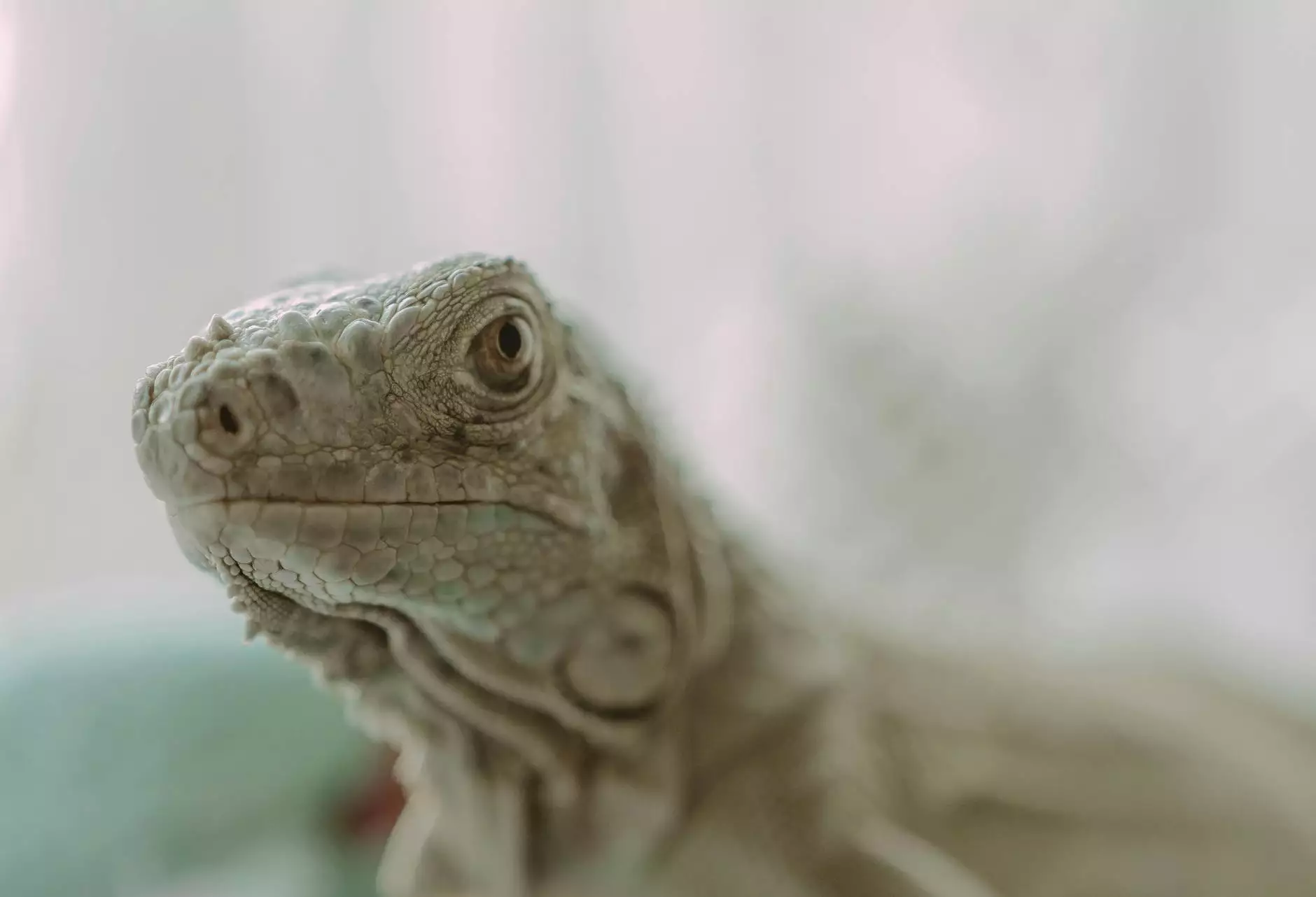The Ultimate Guide to Buying Lizards: Your Comprehensive Approach to Pet Adoption and Care

Are you considering adding a vibrant and fascinating creature to your home? If so, you might be pondering how to buy lizard as a pet. Lizards are not only intriguing reptiles but also make wonderful companions for pet enthusiasts. In this exhaustive guide, we will delve into all aspects of buying a lizard, including what you need to know before making a purchase, the types of lizards available, tips for their care, and how to ensure your reptilian friend has a healthy and happy life.
Understanding the Appeal of Lizards
Lizards are captivating creatures that exhibit diverse colors, sizes, and temperaments. Here are some key reasons why many people choose to adopt lizards:
- Unique Companionship: Unlike traditional pets such as cats or dogs, lizards offer a unique bond. They display quirky behaviors that can be entertaining to observe.
- Low Maintenance: Many lizard species require less maintenance than other pets, making them an ideal choice for busy individuals.
- Educational Value: Caring for a lizard can be a rewarding educational experience, especially for children learning about biology and ecosystems.
Choosing the Right Lizard for You
When you decide to buy lizard, it's crucial to select a species that fits your lifestyle and experience level. Here are some popular lizard types, along with their care requirements:
1. Bearded Dragon
Known for their friendly nature and unique appearance, bearded dragons are excellent pets for beginners. They require:
- A spacious enclosure with heat and UVB lighting
- A diet consisting of vegetables and insects
- Regular handling to promote sociability
2. Leopard Gecko
Leopard geckos are another favorite among reptile lovers. Their care includes:
- A smaller habitat compared to bearded dragons
- Nighttime heat sources due to their nocturnal nature
- A diet of live insects, which can be sourced easily
3. Green Anole
These small lizards are vibrant and active. Their care includes:
- A terrarium with plants for climbing
- Humidity control to mimic their natural environment
- A mixed diet of insects and occasional fruits
Where to Buy Your Lizard
Once you have decided on the type of lizard to adopt, it's time to find a reputable source. Here are some options for purchasing your new pet:
Pet Stores
Many pet stores have a selection of lizards. It’s important to:
- Research the store’s reputation for animal care
- Ensure the animals appear healthy and active
- Ask about the lizards' background and care requirements
Breeders
Buying from a breeder can allow for a more personalized experience. Breeders can offer:
- Detailed information about the lizard's lineage
- Advice on care and feeding
- A healthier pet with better acclimation
Reptile Shows
Reptile expos are fantastic places to find a wide variety of lizards. At these events, you can:
- Interact directly with breeders and experienced keepers
- Gain insights into care practices
- Explore various species before making a purchase
Preparing Your Home for Your New Lizard
Before bringing your new lizard home, it's essential to prepare your environment. Follow these steps to ensure your home is suitable:
Setting Up the Habitat
Different lizards have varying habitat needs. Make sure to:
- Select an appropriate enclosure size
- Create spots for hiding and basking
- Include proper heating and lighting systems
Temperature and Humidity Control
Many lizards require a specific temperature range and humidity levels to thrive:
- Use thermometers and hygrometers to monitor conditions
- Provide a basking spot that is warmer than the ambient temperature
- Maintain humidity levels according to species requirements
Essential Care Tips for Your Lizard
Once your lizard is home, ensuring its health and happiness involves proper care. Here are some vital tips:
Feeding Your Lizard
A balanced diet is crucial for your lizard's health. Consider the following:
- Research the dietary needs of your specific lizard species
- Incorporate a variety of foods, like insects and vegetables
- Dust insects with calcium and vitamins before feeding
Regular Vet Checkups
Like any pet, lizards benefit from regular veterinary care:
- Find a reptile-savvy veterinarian
- Schedule annual checkups to monitor health
- Keep an eye out for any signs of illness
Socialization and Handling
Many lizards enjoy interaction, but you should:
- Start handling your lizard gradually
- Always support their body and never grab them by the tail
- Observe their comfort level and adjust handling accordingly
Myth-Busting: Common Misconceptions About Lizards
Despite their popularity, several myths about lizards persist. Let’s clarify some common misconceptions:
1. Lizards Are Not Friendly
Many assume lizards are unfriendly. In reality:
- Species like bearded dragons can form bonds with their owners
- Interaction can increase their comfort and sociability
2. Lizards Have No Emotions
Contrary to belief, lizards can display a range of behaviors that indicate stress or contentment. It’s vital to:
- Learn to read your lizard’s body language
- Provide an environment where they feel secure
3. They Are Not Clean Pets
Some people think lizards are dirty. In truth:
- Proper habitat maintenance keeps your lizard healthy
- Regular cleaning of their enclosure prevents disease
Conclusion: Making an Informed Decision
Embarking on the journey to buy lizard is an exciting venture that offers unique rewards. By doing thorough research, preparing adequately, and committing to proper care, you can ensure your new reptilian companion will thrive in its new home. Whether you choose a bearded dragon, leopard gecko, or another species, remember that responsible ownership is the key to a happy and healthy pet relationship.
For more information on pet adoption and lizard care services, visit buyreptiles.com.au. Your journey into the world of lizards awaits!



